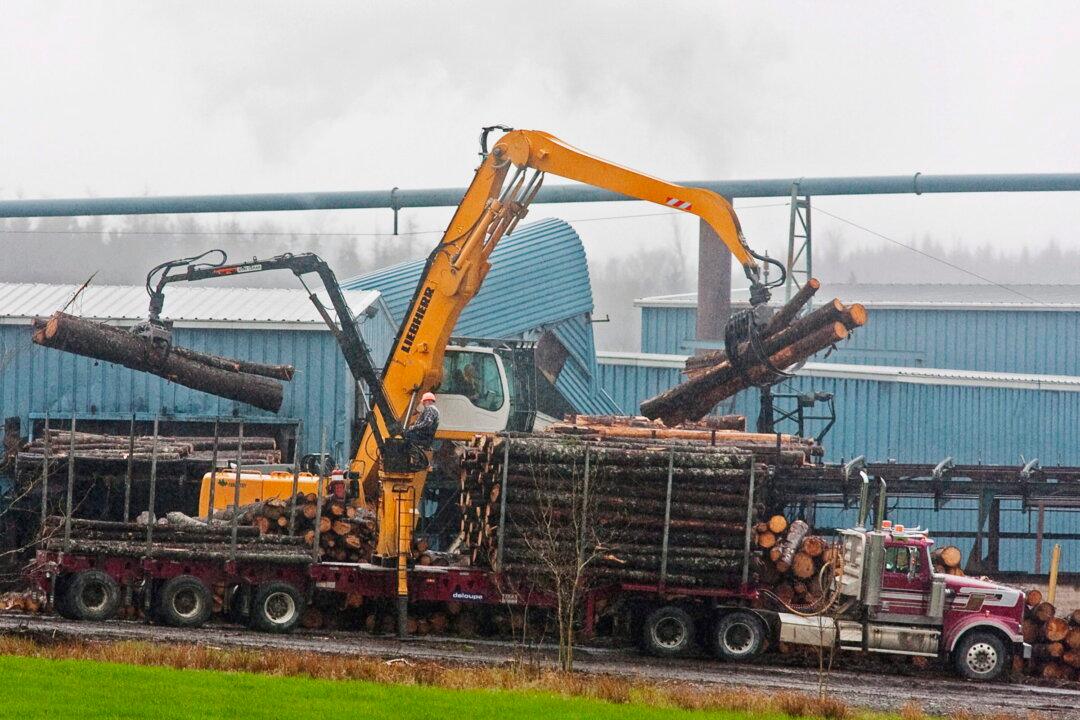HALIFAX—Canadians should look at the overall affect of a new free trade deal with South Korea rather than judge it by sectors because liberalized trade is generally good for the economy, the governor of the Bank of Canada said Tuesday.
Stephen Poloz described free trade agreements as “a win-win situation” for both sides that lead to natural growth in the economy.
“Combing through it, just look at the big picture. Liberalized trade is one of those things that kind of allows growth to happen, as opposed to forcing growth to happen, which is what we try to do with other policies in a crisis,” he said in a question-and-answer session with audience members after speaking to the Halifax Chamber of Commerce.
“So we need to transform into business-led growth, natural growth, as opposed to policy-fuelled growth.”
Prime Minister Stephen Harper has touted the deal with South Korea as a major boost for Canadian exporters looking for access to the lucrative Asian marketplace. It marks Canada’s first free trade agreement in the Asia-Pacific region, which the federal government has targeted as essential for the country’s economic well-being.
The biggest winners from the Canadian side will likely be in the agriculture sector, particularly beef and pork, the forest industry and seafood exporters, all of whom face stiff tariffs for shipping into the South Korea market of 50 million people.
But the domestic auto sector has been critical of the agreement, which will see a 6.1 percent duty on South Korean exports of Hyundai and Kia vehicles eliminated over two years once it is implemented, making the strong-selling brands even more competitive in the Canadian market.
Poloz said the cost of cars will not be greatly affected by the deal, while other sectors of the economy will notice larger benefits.
Consumers will also save money on imported goods from South Korea, such as televisions, which will give them more money to spend, he said.
“It’s the most important part of trade liberalization is that you have more income. Never mind that you might produce a little less of this or a little more of that. Everybody is richer on both sides of the deal.”
Once in force, the agreement will eliminate virtually all tariffs between the countries, with South Korea cutting 81.9 percent of duties upon the first day of the deal coming into effect and Canada removing 76.4 percent of levies.
Some tariffs, particularly in agriculture, will take more than a dozen years to be fully phased out.
Ottawa says the deal is expected to increase Canadian exports to South Korea by 32 percent and expand the economy by $1.7 billion.





